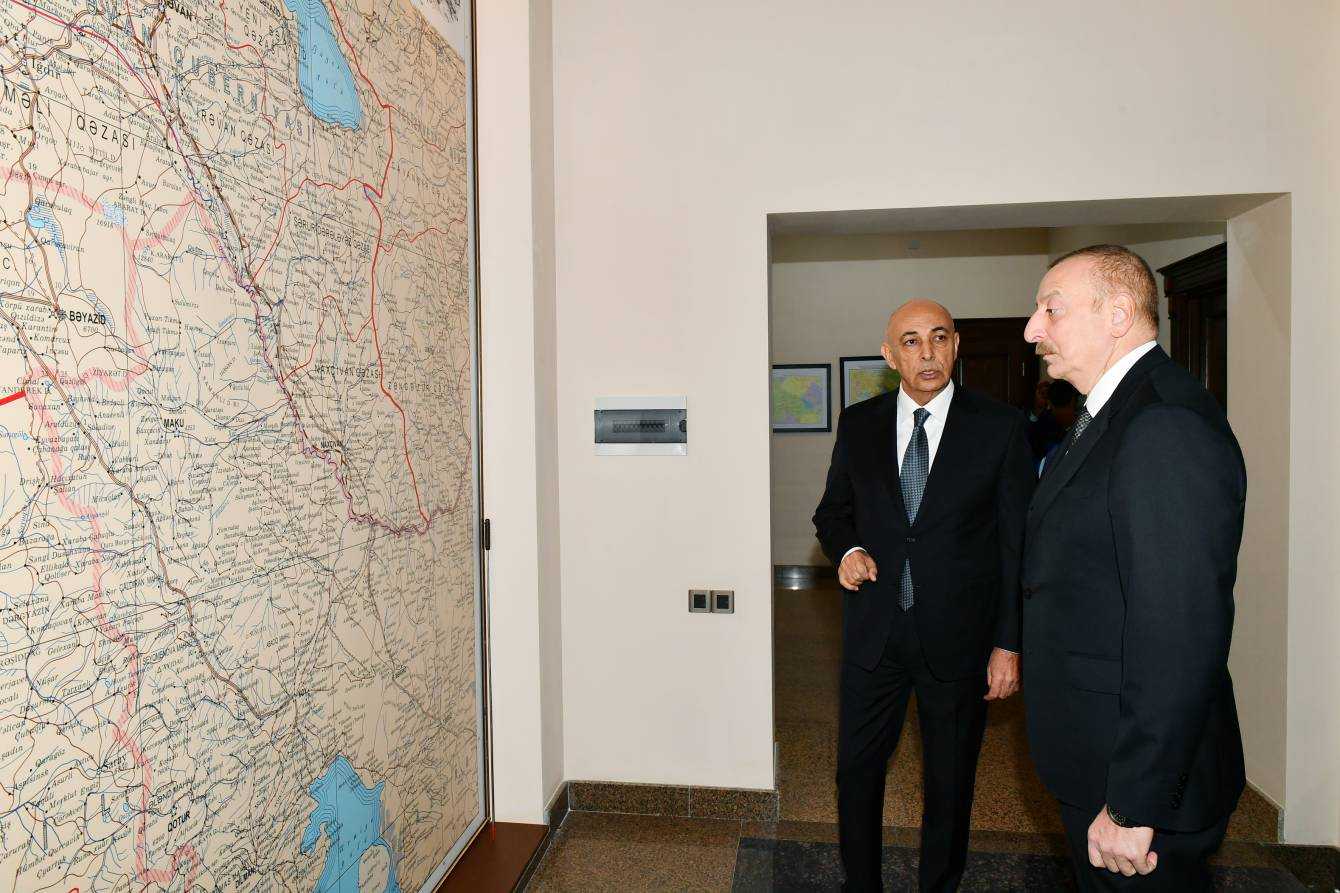
Kazakhstan has expressed interest in joining the US-administered Trump Route, a planned transit project connecting Azerbaijan to its exclave Nakhchivan and Turkey via Armenian territory.
‘We confirm that we are interested in participating in the TRIPP project’, Kazakh President Kassym-Jomart Tokayev said following talks with Armenian Prime Minister Nikol Pashinyan in Astana on 21 November.
Tokayev emphasised that the corridor could ‘open up great opportunities for both countries.’
Pashinyan welcomed the announcement, noting that the Trump Route could expand Armenia–Kazakhstan trade, which amounted to around $60 million in the first nine months of the year, according to Armenian government figures.
The transit project was agreed upon in principle during a Washington meeting in August between Pashinyan, US President Donald Trump, and Azerbaijani President Ilham Aliyev. Key operational terms, including construction rights and management, are still under negotiation between Yerevan and Washington.
The initiative has drawn criticism inside Armenia, where opposition figures argue it resembles an extraterritorial corridor that would undermine the country’s control over its southern Syunik region.
Aliyev and other Azerbaijani officials have repeatedly referred to the road as the ‘Zangezur corridor’, which Yerevan argues constitutes territorial claims against Armenia, insisting that all infrastructure built on Armenian territory will remain under its jurisdiction.
During the briefing on 21 November, Tokayev also thanked Aliyev for permitting the transit of Kazakh grain to Armenia via Azerbaijan earlier in November. He referred to the shipment of 1,000 tonnes of wheat as a sign of improving regional connectivity. Yerevan described the transit — the first in decades — as further evidence of ‘peace’ taking hold following recent Armenia–Azerbaijan negotiations.
However, the shipment triggered domestic criticism in Armenia after it emerged that the imported wheat was of low milling quality and commonly used for animal feed. Opposition groups warned it should not enter the bread supply chain. Armenia’s Food Safety Inspectorate said on 13 November that laboratory tests had not detected any ‘harmful organisms’ in the wheat.
This article was translated into Russian and republished by our partner SOVA.









